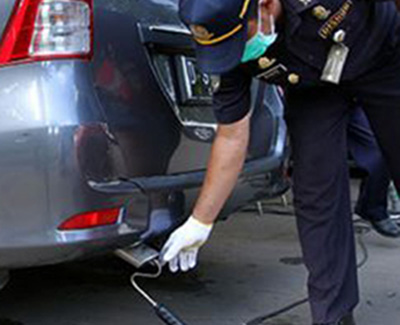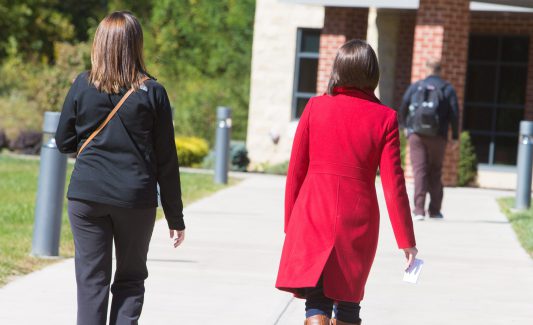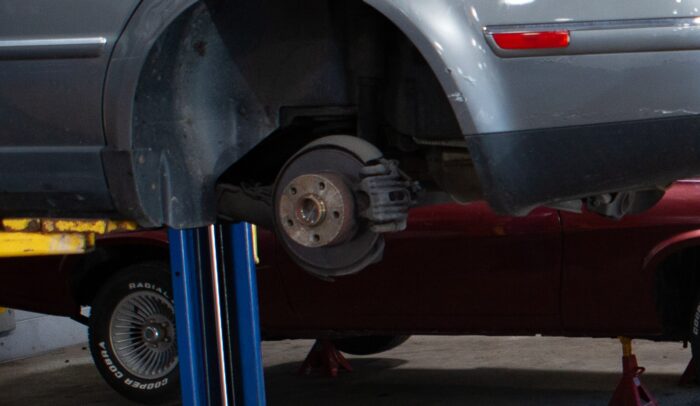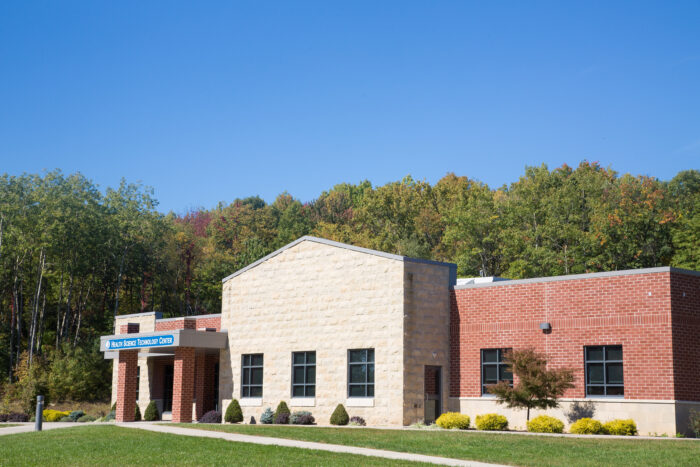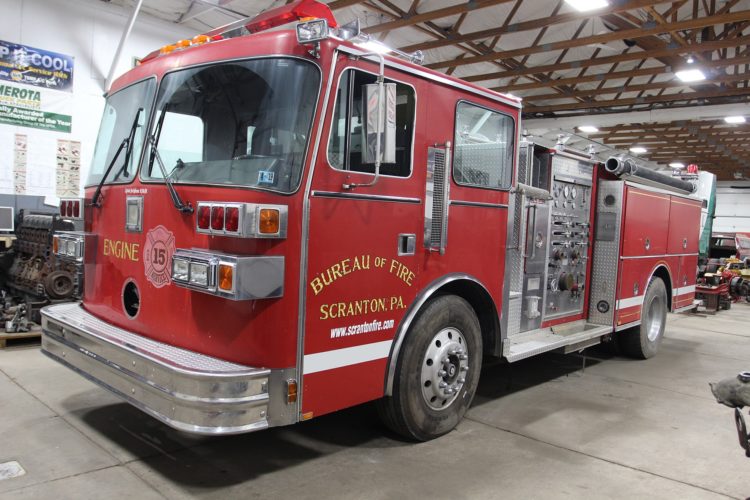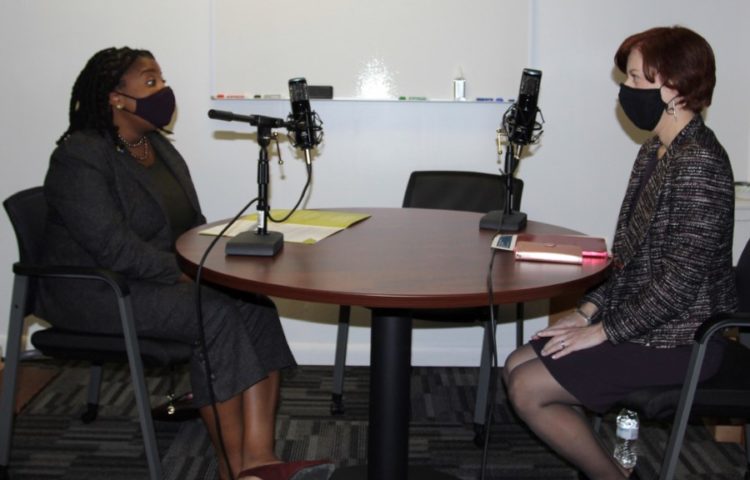Johnson College, in conjunction with The Office of Vocational Rehabilitation (OVR) and KANE Logistics will be offering a Pre-Employment Transition Service (Pre-ETS) Program to qualifying students attending local member school districts, starting August 2021. OVR is a state & federally funded agency that assists people with disabilities to prepare for, obtain, maintain or advance in employment. OVR offers several Pre-ETS programs, including paid work experience transition opportunities for youth with disabilities, who have a post-secondary goal of employment. This gives students the opportunity to prepare for competitive employment. This program will prepare students to become entry-level warehouse associates, with a fundamental understanding of the supply chain. For more information about this program contact Dr. Kellyn Williams, Johnson College’s Chief Academic Officer at 570-702-8940 or knolan@johnson.edu.
Due to the pandemic, classes for this 6-month certificate program will be held online. If federal and state guidelines are updated, classes will be held on the Johnson College campus on Main Avenue in Scranton, PA and at KANE Logistics located in the Stauffer Industrial Park in Scranton, PA.
Students will gain an understanding of the physical and technological process, along with the safety considerations of warehouse/distribution operations. Additionally, students will learn about facility configuration, storage and handling techniques, picking and shipping processes, customer service expectations, and the overall role distribution operations plays in the supply chain. Students will earn college credit, an OSHA certification and a forklift certification. Upon successful completion of the program, students are eligible to be potentially hired by KANE Logistics.
More information about The Office of Vocational Rehabilitation (OVR) can be found at https://www.dli.pa.gov/Individuals/Disability-Services/ovr/Pages/default.aspx.
More information about KANE Logistics can be found at https://www.kanelogistics.com/.


